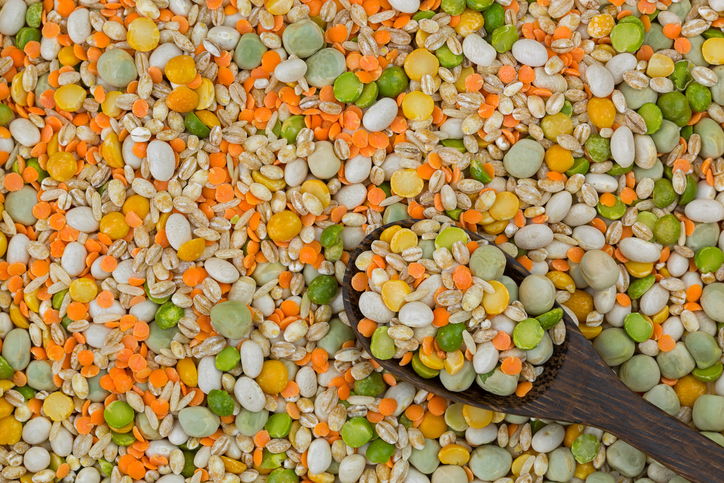Traditionally recommended as a treatment for heavy digestion, skin problems and other diverse inflammation problems, it has just been discovered that turmeric possesses powerful therapeutic properties. Today, it has gained the interest in the research for remedies against cancer and Alzheimer’s disease.
‘The saffron of the poor’ could easily become one of the biggest medicines of the 21st century. According to a team of American researchers, turmeric is, in effect, the most efficient treatment ever tested for Alzheimer’s. This discovery is corroborated by the small presence of the disease in India. Looked down upon by connoisseurs, turmeric could turn out to be a more precious spice than saffron. A series of experiments (in vitro and in vivo) conducted at the University of California just brought to light the double protective and therapeutic activity of turmeric on the brain: it destroys the protein plates responsible for the degeneration of certain brain cells caused by Alzheimer’s disease, by preventing their formation.
The Indians, protected by turmeric
Since scientists have searched for years for a vaccine or medicine to inhibit or prevent, the formation of these plates, this discovery arouses the researchers’ enthusiasm. “Turmeric is more efficient than all the treatments ever tested,” affirmed the American neurologist Gregory Cole, one of the authors of the study, “It can be used for the prevention and the treatment of the disease at the same time.”
In India, where turmeric is widely used as a gustatory, a colorant and preservative, the number of cases of Alzheimer’s is one of the lowest in the world. In exceptional growth, India is one of the most highly populated countries on the planet (1,080,264,388 inhabitants, so more than 1/6 of the world’s population). However, today it is ravaged by urban concentration, pollution and malnutrition. Let us say that nothing in the local dietary or cultural habits could explain this ‘Indian exception’…unless it is the massive use of turmeric.
Ignored by traditional practitioners
Initially, it was the low incidence of colon cancer in Asian counties which intrigued researchers and which caused them to take a closer look at this spice. Since then, they went from discovery to discovery. Traditionally used to treat certain inflammation and intestinal problems, turmeric was still not considered a really important remedy in Asia. Whether in India, China or Réunion, the pharmacopoeia had consigned it to the treatment of small ailments: toothaches, coughs, irritation of the cuticles or bad digestion. Now, its efficiency in the treatment of difficult digestion is now recognized by the WHO, though it is the least of its therapeutic virtues. The researchers isolated the rhizome ‘curcuminoide,’ which is a strong anti-oxidant and anti-inflammatory. They discovered that turmeric significantly inhibits the production of cytokines, the molecules which trigger the inflammation process at a cellular level. This capacity could directly confer an anti-cancerous activity to the spice.
Anti-cancerous action
One thing is certain: the incidence of colon cancer is not as high in Asian countries where turmeric is consumed. This peculiarity has sparked a dozen clinical studies, all of which have concluded with the anti-cancerous action of the spice, without succeeding in precisely identifying the mechanism by which it acts. A team at the University of Texas who studied the effects of turmeric on skin cancer has perhaps cleared up the mystery: according to them, turmeric possesses of inhibiting the growth of and precipitating the death of cancer cells.
En aucun cas les informations et conseils proposés sur le site Soignez-vous ! ne sont susceptibles de se substituer à une consultation ou un diagnostic formulé par un médecin ou un professionnel de santé, seuls en mesure d’évaluer adéquatement votre état de santé


